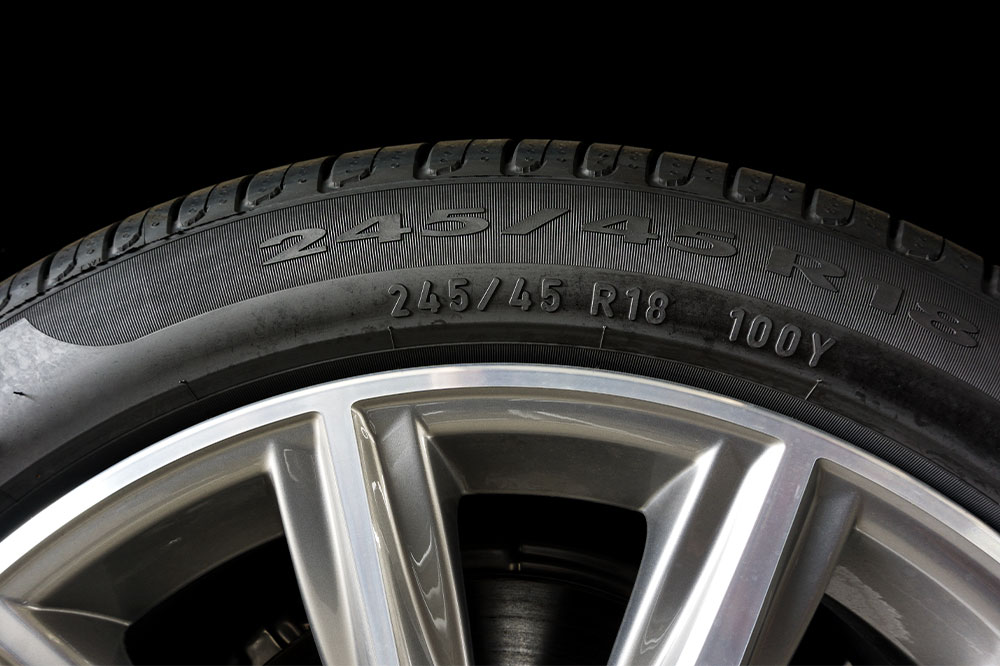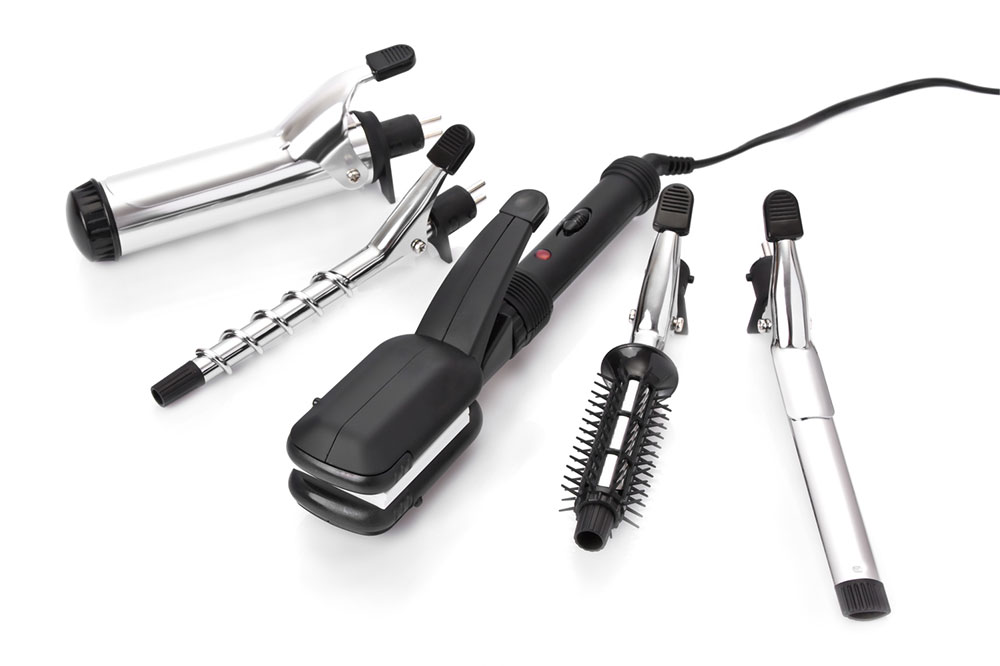6 key factors to consider when buying a used car

Not everyone can manage to buy a new car. And most often, people start their car ownership with a used car and buy a brand new one only after saving enough. Owning a car is not an easy task; there is a need for maintenance, repair, and constant upkeep. But paying attention while buying the car can help. Here are six key factors to keep in mind before purchasing a used car.
Budget
Budget is one of the first things to consider while buying a used car. Most people tend to make emotional or impulsive choices when making a decision and often end up overspending. It might be difficult to stay objective when there is a car you like or when you are in a tricky situation of bargaining the price of a used car. One of the most important reasons people look for used cars is because they are on a tight budget. So, to make a rational decision, it is essential to be practical and identify how much money you can spend on a used car. If you are going to take a loan, talk to an expert and evaluate your credit score to know how much loan you are eligible for if going for financing.
Lifestyle
When you buy a new or used car, you need to consider practicality. Make sure the vehicles you are considering compliment your lifestyle. Larger cars are suitable for families, while sedans from top brands bring in an aspect of refinement and repute. SUVs, on the other hand, are considered safe vehicles and offer an excellent drive on the road. If you are looking for a car to go on trips with your friends, you might consider a spirited sports car. Consider a pickup truck if you travel interstate or constantly carry a lot of cargo. But if you have a bunch of kids to drive around, you could look for a minivan. With the purpose in mind, you can make an appropriate choice on which used car to purchase.
Check the condition
With new cars, you get a warranty from the manufacturer and are assured of satisfactory quality, as it comes fresh directly from the factory. However, with used cars, you must carefully examine the vehicle and, if unsure, seek help from a trusted mechanic. Though the seller might not cheat you, there is a chance they missed some issues or are quoting unfairly. It is essential to check the body for damages and dents, the upholstery, engine, tires, electronics, and all other working parts of the used car to ensure they are in good condition and functional. One excellent way to check a used car is to take it for a test drive. Driving it for a considerable distance at low and high speeds, on traffic-free and busy streets, broad and tight spaces, and well-laid and uneven roads will reveal how easy and smooth the maneuvering is in the used car.
Vehicle history
Even shiny and spotless-looking cars could have problems hiding under the hood. Besides thoroughly inspecting the car’s interior and exterior, consider reviewing the vehicle’s history. Websites like CARFAX allow you to explore used car documents, prior damages, odometer readings, title information, and service records. All this will enable you to critically analyze the vehicle’s condition and decide whether to buy the used car or not. Since you usually have only the previous owner’s word regarding the quality of a car, this is one of the key factors to consider when buying a used car.
Insurance
Most people are unaware you need to check the validity of the insurance before buying a used car. Some insurance companies permit you to transfer your coverage to a new vehicle. So, it would be best if you researched to identify what options are available in your state. Knowing if you can transfer your seller’s insurance to you for the used car is also essential. If you have narrowed down some options for used cars, their insurance quotes may become an essential criterion for your final decision on which to buy.
Reputation
Whether you find a private seller or are approaching a local car dealership for your used car, consider the reviews and reports for the auto manufacturers and their makes and models. Identify which used car models are likely to suit your needs, and remember, brand reviews can help guide the decision-making process. Online tools like Kelley Blue Book help you access valuation tools, car reviews, and local dealer inventories. Steer clear of private car sellers who might be risky and opt for reputed dealerships, preferably in your locality. Also, remember to leave reviews after your used car purchase so others can benefit from them to decide carefully.
Used cars can be an excellent opportunity to get behind the wheel and experience freedom. Remember that you are spending hard-earned money, so make a wise decision. Invest several hours into research when choosing the suitable vehicle for you. Inspect your vehicle with care and attention and make decisions rationally, not emotionally. Vehicle history, insurance, and financing options are all crucial factors for you to consider. Remember the key factors when buying a used car; otherwise, you may pay more for repairs.









